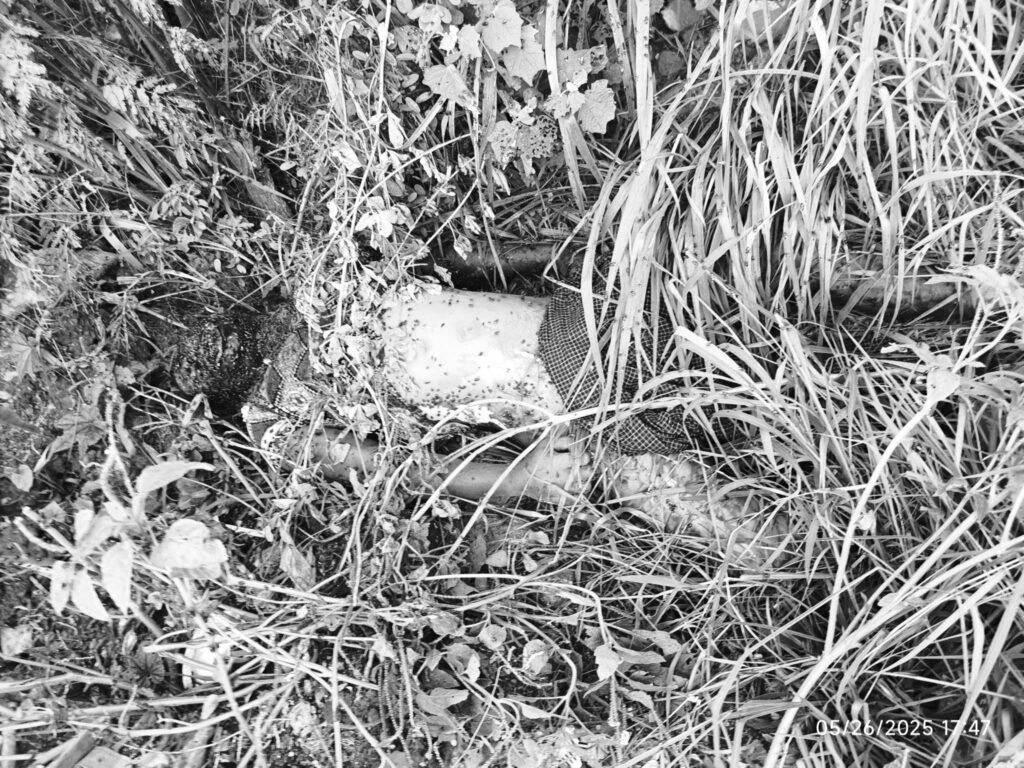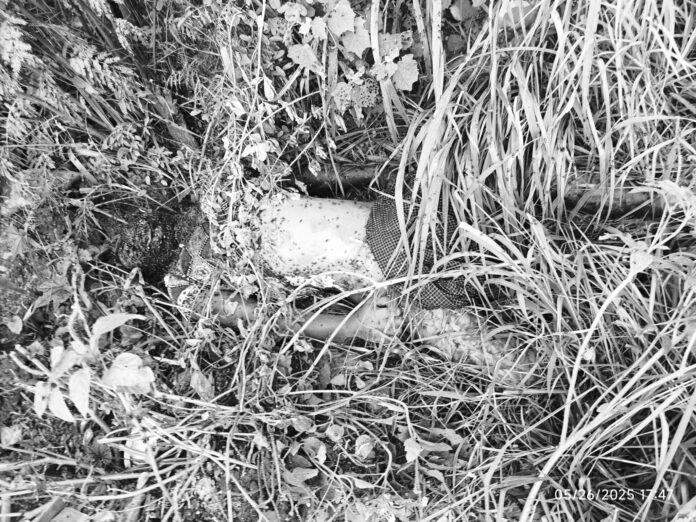Unsolved killings involving stab wounds, gunshot injuries, and severe beatings have sharply increased in several townships of Mon State in recent months, raising concerns among residents over deteriorating security and law enforcement.
In particular, Mawlamyine Township has seen frequent discoveries of bodies, some dumped along public roads, in parks, or even floating in nearby rivers. Locals say most of these cases remain unresolved, with no perpetrators arrested. Community-based rescue teams and villagers are often left to handle burials, while authorities fail to take meaningful action.

“We don’t know whether the victims are politically targeted, killed during robberies, or for other reasons. Many victims appear to be travelers or migrant workers rather than locals. Even in areas with CCTV, authorities often ignore cases unless they involve people connected to them. Rescue teams usually cremate the bodies quietly without further investigation,” said a social worker from Mudon Township.
Families of victims report having no clear channel to file complaints, while local authorities show little capacity or willingness to identify or arrest suspects.
According to the Human Rights Foundation of Monland (HURFOM), at least 12 such unsolved murder cases occurred in Mon State between March and early August 2025, resulting in more than 16 deaths. Victims often bore evidence of knife attacks, gunshot wounds, beatings, or strangulation.
HURFOM Director Nai Aue Mon explained that political tensions and economic hardship are key drivers behind the killings, “some victims are accused of being linked to the resistance, while others are suspected informants or collaborators. At the same time, the collapse of rule of law has created opportunities for criminals. People are being killed for personal disputes or out of anger, with no accountability. This is the dangerous situation we now face.”
Residents say the lack of law enforcement has emboldened criminals, leaving communities to live in constant fear. Many avoid going out at night, describing Mawlamyine as increasingly unsafe.
“There’s no place that feels safe anymore. In Mawlamyine, murders happen regularly—strangled bodies thrown into rivers, or brutal stabbings. People live in fear. Once it gets dark, we rarely go outside. It no longer feels secure,” said a young man from Mawlamyine.
Locals and human rights groups stress that responsibility for public safety ultimately lies with the military junta, which continues to prioritize entrenching its power rather than protecting civilians.

